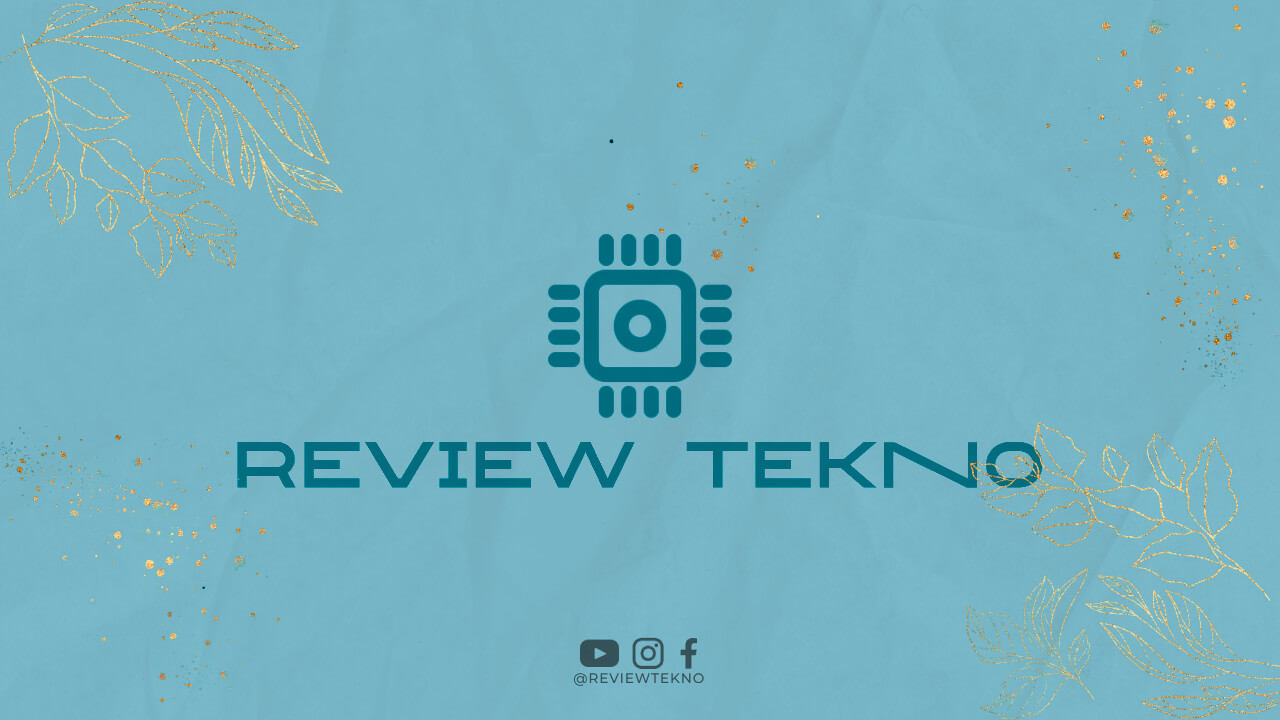As technology continues to advance at a rapid pace, the banking industry is also evolving to keep up with the times. With the rise of fintech companies and the increasing popularity of online banking, the future of banking is looking more and more digital. In this article, we’ll explore the current state of banking and how it’s likely to change in the coming years.
The Current State of Banking
Traditional banking has long been a staple of the financial industry, with brick-and-mortar branches and face-to-face interactions between customers and bankers. However, as more and more people have become comfortable with technology, the demand for digital banking has grown. Online banking has become increasingly popular, allowing customers to access their accounts and complete transactions from the comfort of their own homes.
Mobile banking has also become more prevalent, with many banks now offering mobile apps that allow customers to manage their finances on the go. These apps offer features such as mobile check deposit, bill pay, and account transfers. They also allow customers to view account balances and transaction history, making it easier to keep track of their finances.
The Future of Banking
The future of banking is likely to be even more digital than it is today. Fintech companies are disrupting traditional banking models, offering innovative solutions that are more convenient and affordable for customers. These companies are using technology to automate processes and reduce costs, which allows them to offer lower fees and better interest rates.
One of the biggest trends in banking is the use of artificial intelligence (AI) and machine learning. Banks are using these technologies to analyze customer data and offer personalized recommendations. For example, a bank might use AI to analyze a customer’s spending habits and suggest ways to save money. This technology can also be used to detect fraud and prevent cyber attacks.
Blockchain technology is another area that’s likely to have a big impact on banking in the coming years. Blockchain is a decentralized database that allows for secure, transparent transactions without the need for intermediaries. This technology has the potential to make banking more efficient and secure, while also reducing costs.
The Benefits of Digital Banking
There are many benefits to digital banking. For one, it’s more convenient for customers. With online and mobile banking, customers can access their accounts and complete transactions from anywhere, at any time. This makes it easier to manage finances and stay on top of bills.
Digital banking also offers greater transparency. Customers can view their account balances and transaction history in real-time, which makes it easier to track spending and identify areas where they can save money. Additionally, digital banking can be more secure, as banks are able to use advanced security measures to protect customer data.
The Challenges of Digital Banking
While digital banking offers many benefits, there are also some challenges to consider. One of the biggest challenges is cybersecurity. As more transactions are conducted online, the risk of cyber attacks increases. Banks must invest in advanced security measures to protect customer data and prevent fraud.
Another challenge is the risk of technology failures. If a bank’s systems go down, customers may not be able to access their accounts or complete transactions. This can be frustrating for customers and can damage the bank’s reputation.
The Bottom Line
The future of banking is looking more and more digital. Fintech companies are disrupting traditional banking models, and banks are investing in new technologies to improve efficiency and security. While there are challenges to overcome, the benefits of digital banking are clear. Customers can enjoy greater convenience, transparency, and security, while banks can reduce costs and offer better services. As technology continues to advance, the banking industry will continue to evolve, providing new opportunities for both customers and banks.

